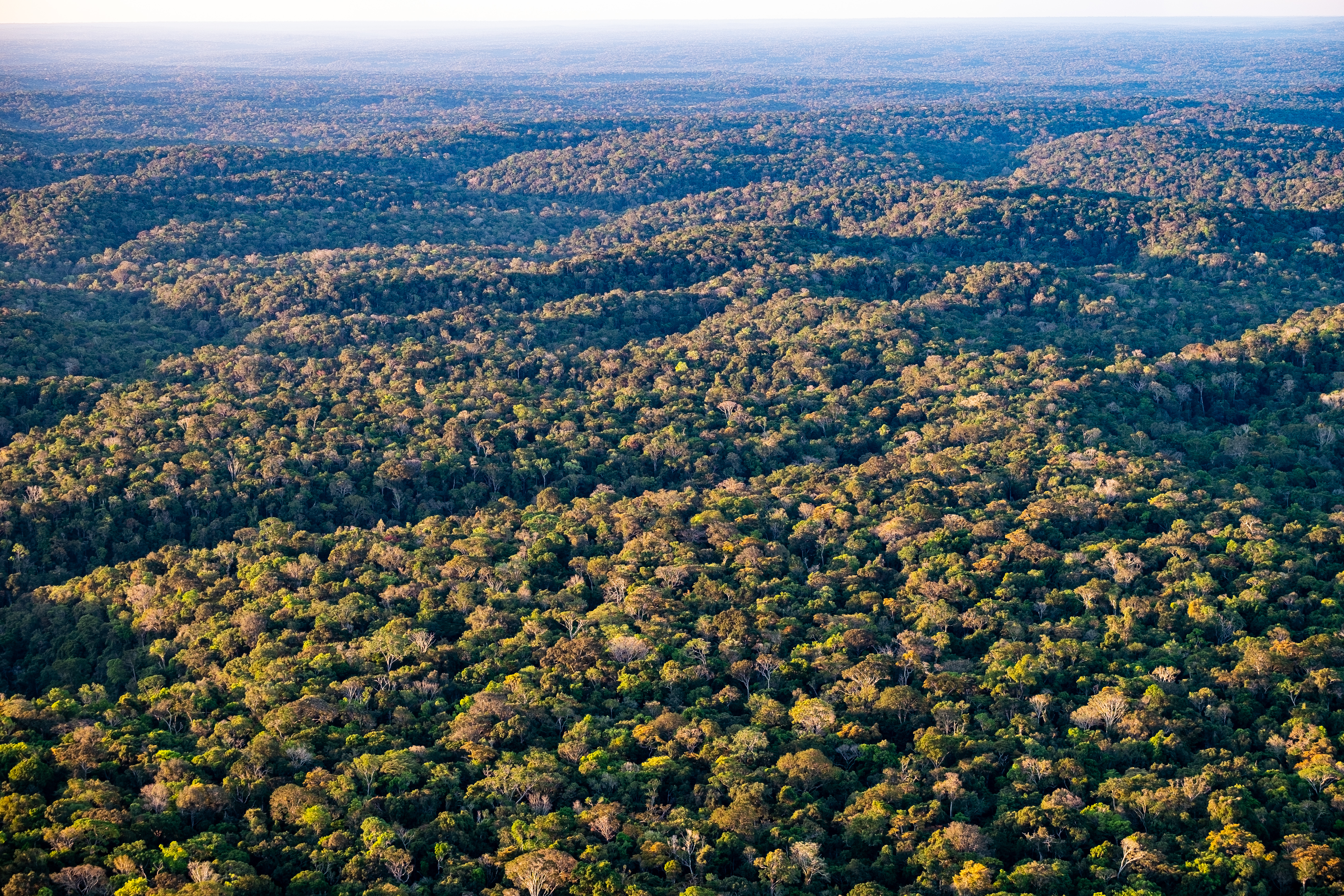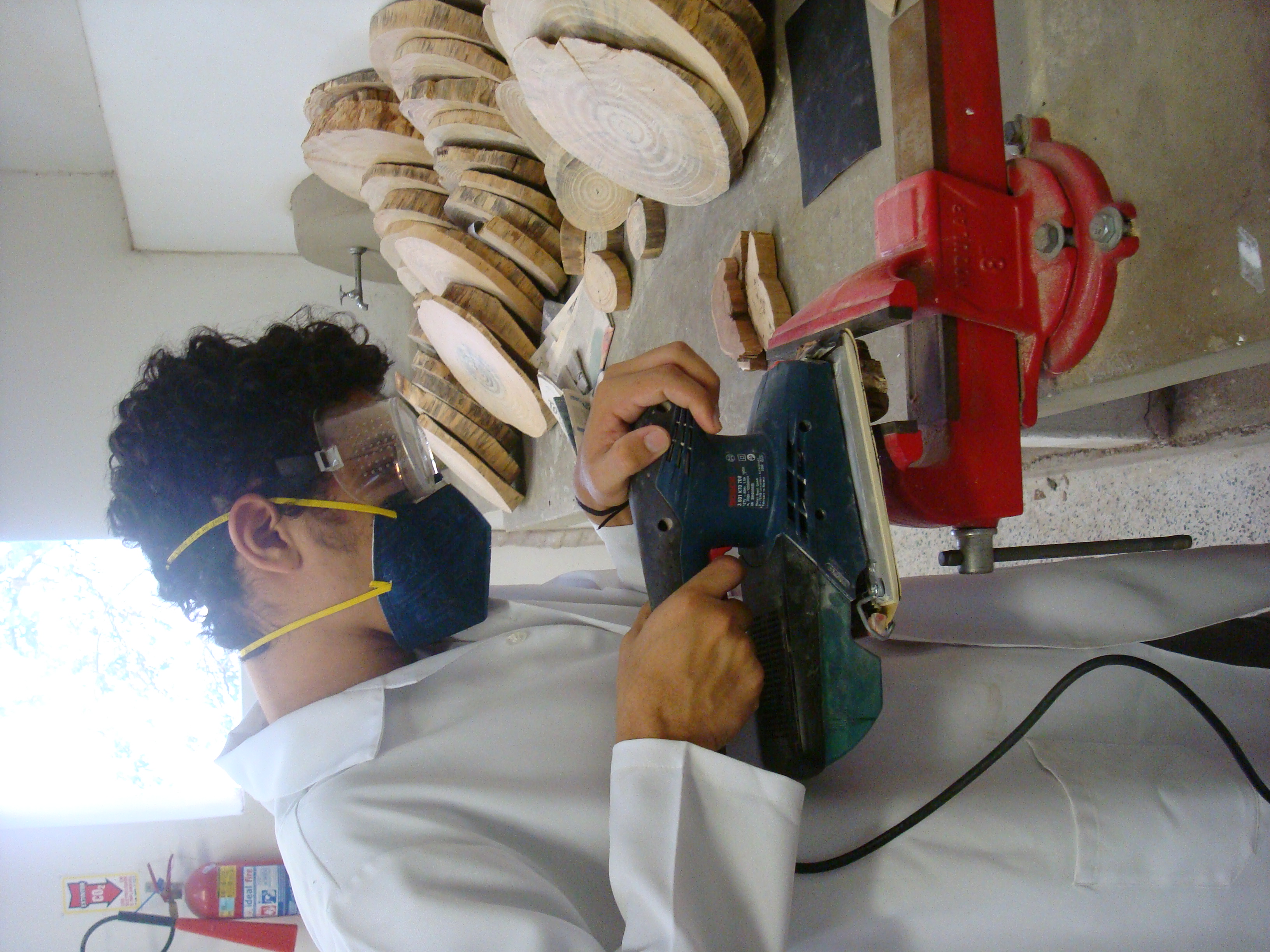UCI Earth system scientists track fossil fuel emissions from shipping activity deep in the Amazon rainforest

An aerial view of the Amazon rainforest. UCI research of tree growth rings in Amazonian trees are revealing the history of fossil fuel emissions in far-flung corners of the rainforest.
Guaciara dos Santos, who’s a Research Scientist in the UCI Department of Earth System Science, recently published work detailing her efforts to map fossil fuel emissions in Rio de Janeiro. Now, dos Santos and her colleagues, in new research published in Environmental Research, describe the discovery of spikes in emissions from the burning of fossil fuels in an unexpected place: deep inside the Amazon rainforest, far from any obvious sources of emissions like cityscapes. The team measured the rise in emissions after sampling and analyzing tissues retrieved from tree growth rings, and the reason for the rise, the team reports, is the burning of fossil fuels by ships that use the Amazon’s waterways to transport mined ore out of the region. “Mining and shipping are all using the river as a freeway to move all of these commodities out of the Amazon,” said dos Santos, who hopes her team’s findings will help inspire the mining company responsible for the pollution — Porto Trombetas — to switch to cleaner fuels. “If they want to manage their carbon footprint, they can put pressure on sectors that use fossil fuels to use a different fuel other than diesel or crude oil.” The emissions impact from shipping, the researchers report, resulted in an increase of about 6.3 parts per million of carbon dioxide in the region around the mining. “We have to find ways to minimize the impact,” dos Santos said. “But first you have to know what the impact is.”

